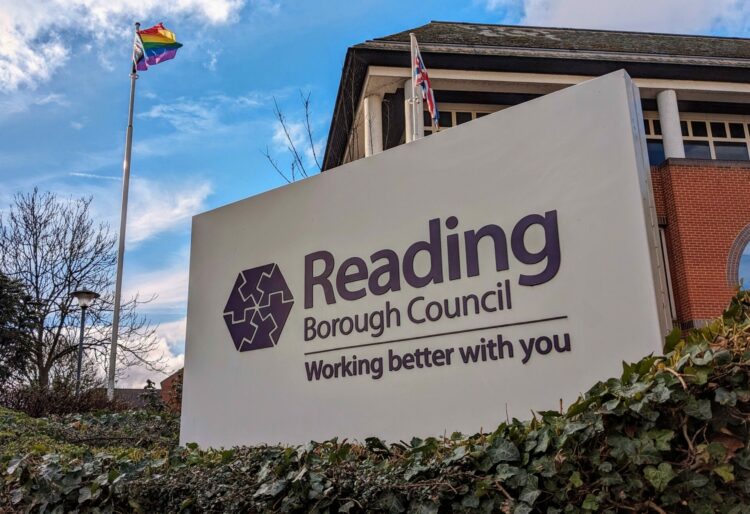READING Borough Council has laid out how it is allocating funding amid increased pressure on services through to next year.
As the council explains it continues to see increased pressures for support services, it is set to boost funding allocation to different sectors.
It has allocated just under £5.6m million extra for children’s services, due to increased costs of looking after vulnerable children and young people, many of which are presenting with more complex needs.
It hopes this will help address a reducing number of foster carers and a shortage of residential placements, which is enabling private sector providers to push costs up.
An boost of £5.094 million has been allocated for adult social care services to address a rise in the number of people and complexity of issues they need support with as well as the increased costs of providing services through contract inflation.
Nearly £9m has been earmarked for homelessness prevention: to tackle the rise in providing temporary accommodation, where the Council has a statutory duty to do so, due to high rents and the rise in evictions from the private rented sector.
Council figures show that the number of households living in emergency accommodation in Reading had nearly tripled at the end of December last year compared to in 2021.
The combined cost of caring for vulnerable children, young people and adults now accounts for more than 70% of the council’s total budget.
Reading Borough Council’s proposed budget for 2025/26 has been balanced, it explains, through over £7m of additional efficiency savings and invest-to-save proposals, an additional income of a further £7m, and £3.945m from earmarked reserves.
The council says further savings to close the budget gap in 2026/27 and beyond will need to be identified as part of the future budget setting process.
The Council is proposing a Council Tax increase of just shy of 5% for 2025/26, including a 2.00% precept for adult social care.
Around 70% of properties in Reading are band C or below, with only 16% of households in band D, making the usual band D comparison less relevant in the town.
The proposed council tax increase works out as £1.71 per week for a band C household, excluding police and fire precepts.
The proposed budget will initially go to a meeting of Policy Committee on Monday, February 17, but will only be finalised at a meeting of Council on Tuesday, February 25.
Cllr Liz Terry, council leader, said: “The pressures we see in Reading mirror those in other areas, and particularly those where need amongst the local population is highest.
“There are several reasons for this, not least the high cost of living in recent years, over a decade of cutbacks to preventative services and a general lack of investment in public services–taken together, it means more people are now approaching the Council for help, and it also costs us more to deliver those essential services.
“In Reading, the combined cost of caring for vulnerable children, young people and adults now accounts for more than 70% of our total expenditure, which leaves very little room to prioritise other areas, and indeed to pay for the universal Council services most of us see and use.
She explained: “There was some welcome news for Reading in the Government’s recent finance settlement with additional funding made available through a variety of grants, and we very much look forward to being able to plan for more than one year at a time with the introduction of multi-year settlements which come into effect next year.
“In the short term however, there remains considerable pressure on our budget.
“You do not need to look too far from home to see local councils in acute financial distress, with a request for a Council Tax rise of up to 25% refused by Government only last week, and others requesting exceptional financial assistance.
“Many years of prudent management of the Council’s budget in Reading means we are not in that position, but the one-off use of reserves is a strong indicator that the position is not sustainable in the long term.”
The council’s draft budget report can be found at: democracy.reading.gov.uk/documents
























